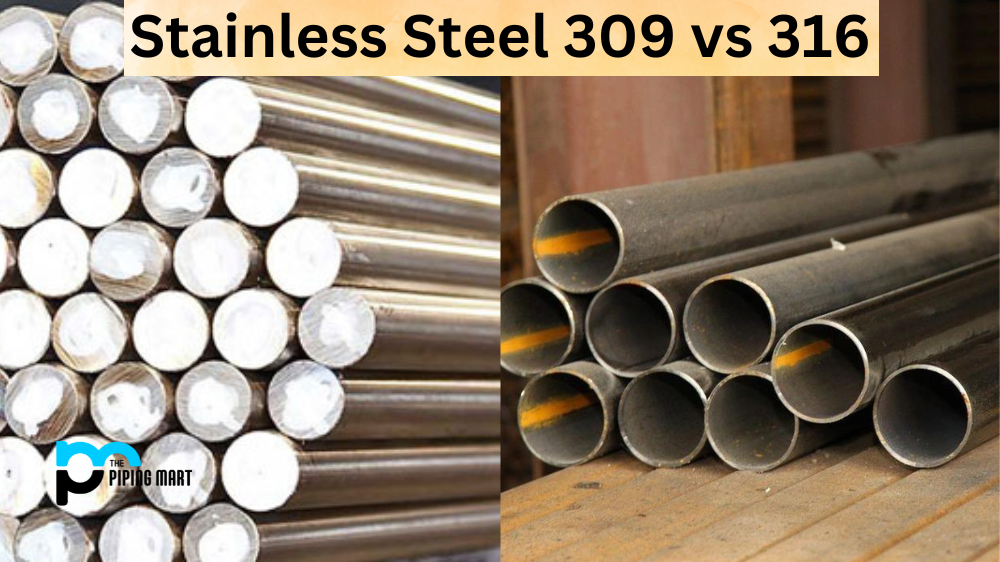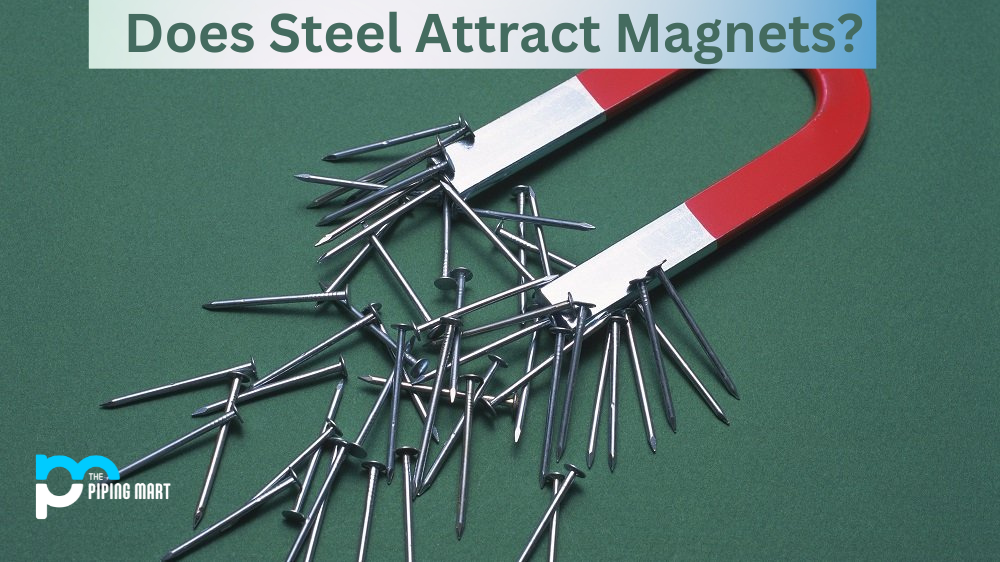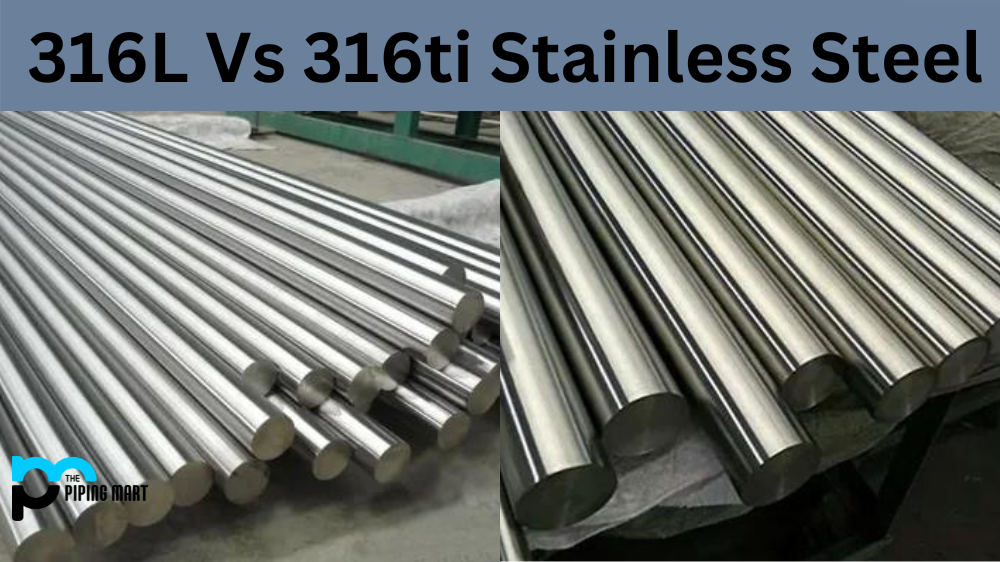Copper piping has been used for centuries in plumbing applications and is still a popular choice today. In fact, it’s the most common type of piping used in residential construction. But what’s so great about the copper pipe? What are its advantages and disadvantages? How long will it last? And what can cause corrosion? Let’s take a look at the properties, uses, and potential pitfalls of copper pipe.
Advantages of Copper Pipe
Copper is a popular choice for plumbing applications because it’s strong, durable, easy to install, and corrosion-resistant. It won’t rot or corrode like other materials (like PVC), which makes it ideal for use in areas with high humidity levels. It also has superior heat transfer capabilities compared to other types of piping, making it an excellent choice for radiant heating systems. Plus, the life expectancy of copper pipes is up to 70 years!
Disadvantages of Copper Pipe
While copper piping has many advantages, there are some potential drawbacks as well. The cost of copper can be expensive compared to other materials, such as PVC or PEX. It also requires specialized tools and skills to install properly; otherwise, you could end up with leaky or blocked pipes. Additionally, exposure to certain chemicals found in household cleaners can cause pitting or corrosion on the pipe over time if not used properly.
Causes of Corrosion
When exposed to air, moisture, or certain chemicals found in cleaning products (such as ammonia), the surface of copper pipes can become oxidized—which is known as corrosion—and weaken over time. This corrosion causes pinhole leaks that can lead to water damage if left unchecked. To prevent this from happening, make sure you’re using appropriate cleaning products on your copper piping and inspect periodically for any signs of corrosion or accumulation of minerals that could lead to clogging.
Conclusion:
Copper is an excellent choice for both residential and commercial plumbing projects due to its durability and resistance to corrosion. While more expensive than some other materials, such as PVC or PEX tubing, its superior heat transfer capabilities make it ideal for radiant heating systems, and its long lifespan makes it worth investing in quality copper pipe installations. However, be sure to take extra precautions when using household cleaners around your copper pipes, as they contain chemicals that can cause pitting or corrosion over time if not used correctly!
Sakshee is a talented blogger, with a particular focus on the Business and Metal Industry. She is passionate about sharing her insights on various metal products and helping professionals to make a better decisions.




